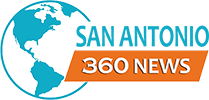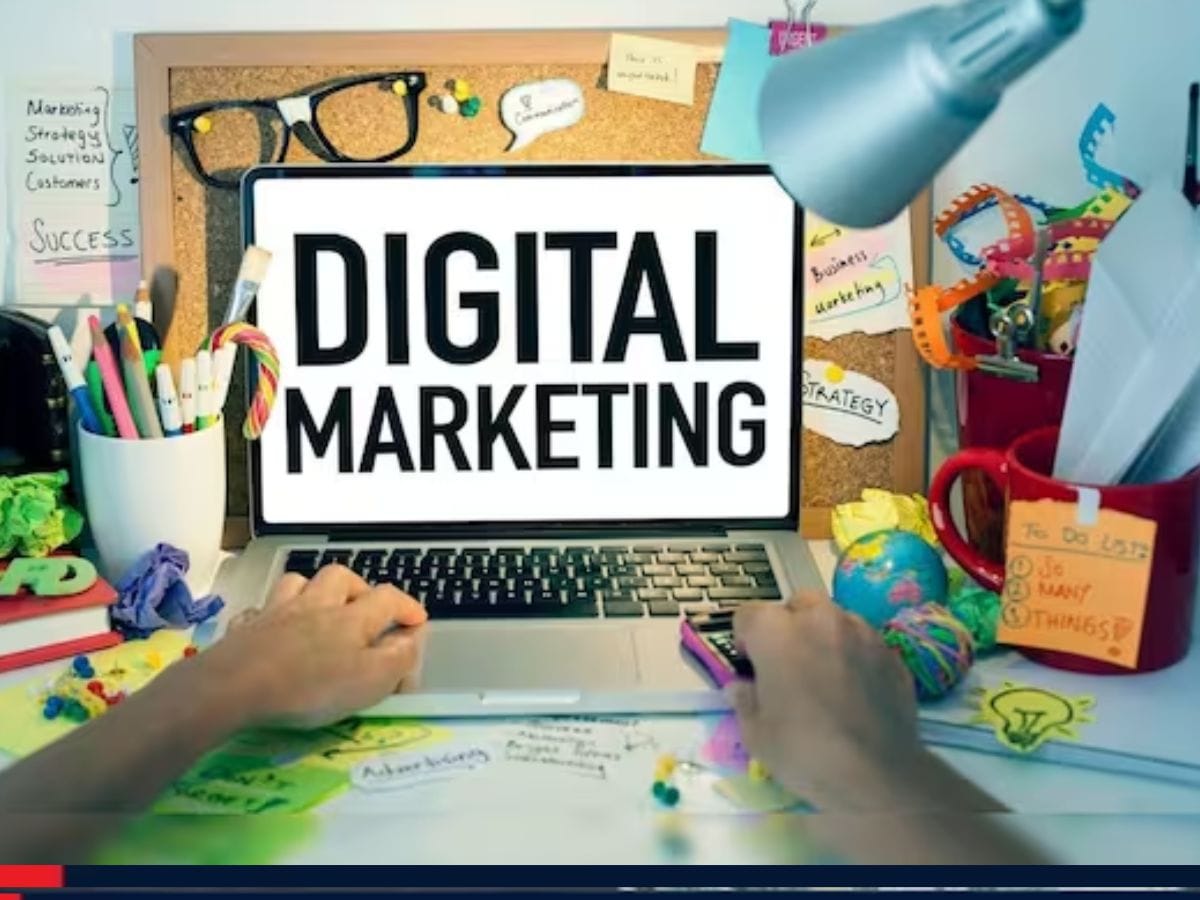A Comprehensive Guide to Education
Education plays a pivotal role in shaping individuals and societies by imparting knowledge, skills, and values. It is a lifelong process that empowers individuals to grow intellectually, emotionally, and socially. This comprehensive guide aims to explore the various aspects of education, including its importance, types, benefits, and challenges.
The Significance of Education
Education is a fundamental pillar of human development and progress. It equips individuals with the necessary knowledge, skills, and competencies to navigate through life successfully. Whether formal, informal, or non-formal, education enables people to broaden their horizons, expand their perspectives, and contribute meaningfully to society.
The Different Types of Education
Formal Education
Formal education refers to structured learning provided in educational institutions such as schools, colleges, and universities. It follows a systematic curriculum and is typically guided by certified educators. Formal education is essential for acquiring foundational knowledge, academic qualifications, and professional skills.
Informal Education
Informal education encompasses learning that occurs outside the traditional classroom setting. It includes experiential learning, self-study, and acquiring knowledge through various informal channels such as books, documentaries, workshops, and online resources. Informal education promotes lifelong learning and personal growth beyond the boundaries of formal institutions.
Non-formal Education
Non-formal education is structured learning that takes place outside the formal education system. It focuses on specific skills, practical knowledge, and vocational training. Non-formal education caters to diverse learners, including adults seeking to enhance their employability, individuals with special needs, and marginalized communities.
The Benefits of Education
Personal Development
Education fosters personal development by nurturing critical thinking, problem-solving, and creativity. It helps individuals build self-confidence, self-awareness, and emotional intelligence. Education empowers individuals to make informed decisions, pursue their passions, and lead fulfilling lives.
Social and Economic Mobility
Education serves as a pathway to social and economic mobility. It equips individuals with the skills and qualifications necessary for better employment opportunities and higher income potential. Education reduces inequalities and empowers individuals to break free from the cycle of poverty.
Enhancing Critical Thinking Skills
Education enhances critical thinking skills, enabling individuals to analyze information, evaluate arguments, and make sound judgments. It promotes intellectual curiosity, research skills, and the ability to think critically about complex issues. These skills are crucial for success in higher education, professional careers, and everyday life.
The Challenges in Education
Access and Equity
One of the significant challenges in education is ensuring equal access and opportunities for all individuals, regardless of their background, socioeconomic status, or geographical location. Disparities in access to quality education hinder the development and potential of marginalized communities. Efforts must be made to bridge this gap and create a level playing field.
Quality of Education
Ensuring the quality of education is another critical challenge. Education should be engaging, relevant, and designed to meet the needs of learners. High-quality education prepares individuals for the demands of the modern world and equips them with the necessary skills to thrive. Continuous improvement in teaching methods, curriculum development, and assessment strategies is essential for maintaining educational standards.
Evolving Technological Landscape
The rapid advancement of technology presents both opportunities and challenges for education. Integrating technology effectively into educational practices requires careful planning and implementation. Educators must adapt to emerging trends, embrace digital tools, and equip students with digital literacy skills to thrive in the digital age.
Strategies for Effective Learning
Goal Setting and Planning
Setting clear goals and creating a structured plan are vital for effective learning. By defining objectives and breaking them down into manageable tasks, learners can stay focused, motivated, and track their progress. Goal setting enhances productivity and ensures a systematic approach to acquiring knowledge.
Active Learning Techniques
Active learning techniques promote engagement and participation. Instead of passively receiving information, learners actively interact with the subject matter through discussions, problem-solving, and hands-on activities. Active learning fosters critical thinking, collaboration, and deeper understanding.
Collaborative Learning
Collaborative learning involves working together with peers to achieve shared learning goals. It encourages teamwork, communication, and the exchange of ideas. Collaborative learning environments create a supportive and interactive atmosphere where learners can benefit from diverse perspectives and collective knowledge.
Education Systems around the World
The American Education System
The American education system comprises elementary schools, middle schools, high schools, and higher education institutions. It emphasizes student choice, extracurricular activities, and a wide range of academic and vocational options. The system encourages individuality, critical thinking, and holistic development.
The British Education System
The British education system follows a structured approach with a focus on academic excellence and examinations. It includes primary schools, secondary schools, and universities. The system places importance on core subjects and offers specialized pathways for students based on their interests and abilities.
The Scandinavian Education System
The Scandinavian education system, known for its progressive approach, prioritizes equal opportunities and student well-being. It emphasizes creativity, critical thinking, and collaborative learning. The system promotes student-centered education, outdoor activities, and a healthy work-life balance.
Innovations in Education
Online Learning Platforms
Online learning platforms have revolutionized education by providing flexible, accessible, and self-paced learning opportunities. These platforms offer a wide range of courses, enabling individuals to acquire new skills, pursue academic degrees, and engage in lifelong learning from anywhere in the world.
Gamification in Education
Gamification incorporates game elements and mechanics into educational experiences. It enhances student motivation, engagement, and retention of knowledge. Gamified learning environments leverage rewards, challenges, and interactive elements to make learning enjoyable and effective.
Blended Learning Approaches
Blended learning combines online and offline teaching methods to create a hybridlearning experience. It combines the benefits of face-to-face interaction with the flexibility and personalized nature of online learning. Blended learning allows for individualized instruction, interactive activities, and collaborative projects, fostering a well-rounded educational experience.
Education and Career Development
Vocational Education and Training
Vocational education and training (VET) focus on developing specific skills and competencies for various industries and trades. It prepares individuals for practical careers and equips them with the necessary technical knowledge and hands-on experience. VET programs often involve apprenticeships, internships, and on-the-job training.
Higher Education and Specializations
Higher education offers a wide range of academic disciplines and specialized fields of study. Universities and colleges provide undergraduate and postgraduate programs that enable individuals to pursue in-depth knowledge and research in specific areas. Higher education opens doors to professional careers and positions of expertise.
Lifelong Learning Opportunities
Lifelong learning encourages continuous personal and professional development throughout one's life. It involves acquiring new knowledge, skills, and competencies to adapt to changing circumstances and pursue personal growth. Lifelong learning opportunities exist in various forms, including workshops, online courses, seminars, and professional development programs.
Education for Sustainable Development
Environmental Education
Environmental education aims to promote awareness, knowledge, and understanding of environmental issues and sustainable practices. It instills a sense of responsibility and empowers individuals to make informed decisions that positively impact the environment. Environmental education encourages sustainability and conservation efforts for a better future.
Global Citizenship Education
Global citizenship education fosters a sense of global awareness, intercultural understanding, and empathy. It equips individuals with the knowledge and skills to actively participate in a globalized world and address global challenges such as poverty, inequality, and climate change. Global citizenship education promotes tolerance, respect, and collaboration among diverse cultures and communities.
Promoting Sustainable Practices
Education plays a crucial role in promoting sustainable practices and behaviors. By integrating sustainability into curricula, educational institutions can raise awareness about the importance of sustainable development and empower individuals to adopt environmentally responsible actions. Education acts as a catalyst for change and sustainability in various sectors of society.
The Future of Education
Artificial Intelligence in Education
Artificial Intelligence (AI) is revolutionizing the education landscape. AI-powered tools and platforms offer personalized learning experiences, adaptive assessments, and intelligent tutoring systems. AI can analyze vast amounts of data to identify learning patterns, provide targeted feedback, and enhance the efficiency and effectiveness of education.
Personalized Learning Experiences
Personalized learning tailors educational content and experiences to individual learners' needs, interests, and learning styles. It utilizes technology and data analysis to create customized learning paths, adaptive assessments, and tailored feedback. Personalized learning empowers learners to take ownership of their education and promotes self-directed learning.
Lifelong Learning and Continuous Adaptation
In a rapidly evolving world, lifelong learning and continuous adaptation are becoming essential. The future of education lies in equipping individuals with the skills to learn, unlearn, and relearn throughout their lives. Lifelong learning ensures that individuals can thrive in dynamic environments, embrace new technologies, and remain adaptable in the face of change.
Conclusion
Education is a powerful tool that empowers individuals, promotes personal development, and contributes to the progress of society. It encompasses various types of learning, benefits individuals in numerous ways, and faces challenges in ensuring accessibility and quality. By embracing innovative approaches, fostering sustainable practices, and preparing individuals for the future, education can pave the way for a brighter and more inclusive world.
Frequently Asked Questions (FAQs)
Q1: How does education contribute to personal growth?
Education fosters personal growth by nurturing critical thinking, problem-solving, and emotional intelligence. It empowers individuals to make informed decisions, pursue their passions, and lead fulfilling lives.
Q2: What are the challenges in education today?
Some of the challenges in education today include ensuring access and equity, maintaining quality standards, and adapting to the evolving technological landscape.
Q3: How can technology enhance education?
Technology can enhance education by providing access to online learning platforms, facilitating personalized learning experiences, and enabling collaboration and communication among learners and educators.
Q4: What is the role of education in sustainable development?
Education plays a crucial role in promoting sustainable practices and raising awareness about environmental issues. It equips individuals with the knowledge and skills to make responsible choices and contribute to a sustainable future.
Q5: How can education prepare individuals for the future?
Education can prepare individuals for the future by fostering lifelong learning, embracing technological advancements, and promoting adaptability and critical thinking skills necessary in a rapidly changing world.

%20(1).jpg)





/senior-man-working-in-a-greenhouse-557921401-1469be732eeb48eba745bf822f4833f4.jpg)





 English (US) ·
English (US) ·